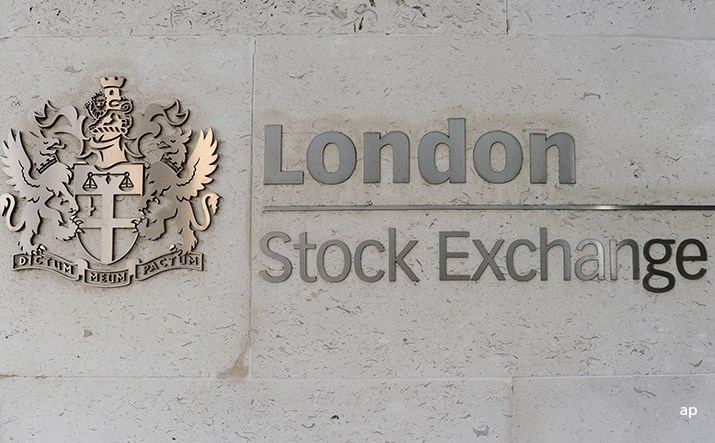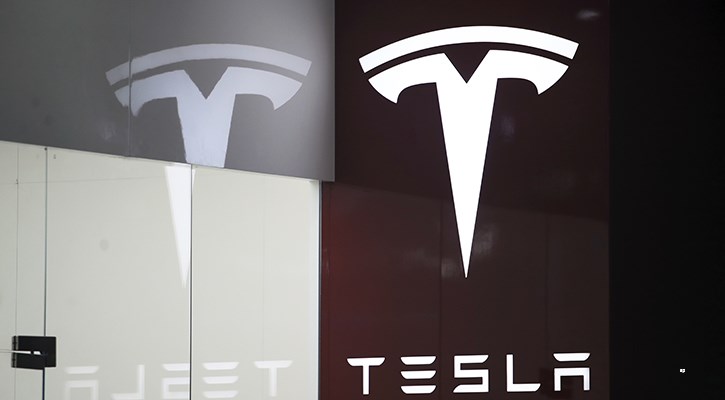Ruth Saldanha: Palantir is a data mining company that filed to go public via a direct listing in August this year. It was founded by Peter Thiel, the founder of PayPal, and is in the technology and big data space. It is one of the most anticipated IPOs of the year and many retail investors are wondering if it makes sense to invest in the company. In fact, they're asking if it might be like buying the IPO of Tesla or Apple, or even PayPal. Morningstar PitchBook senior analyst Brendan Burke covers the company and is here today to tell us what he thinks.
Brendan, thank you so much for being here today.
Brendan Burke: Glad to be with you, Ruth.
Saldanha: To start with, what does the company do?
Burke: Well, Palantir is a software vendor that focuses on data analytics and data integration. The company sells two primary products. The first is called Gotham, the second Foundry. So, Gotham transforms raw data into structured databases and has an application suite that frontline staff can use to make decisions using structured data across a global organization and is primarily directed towards government customers as Palantir was started as a defense contractor and has since shifted into the enterprise segment.
The second product, Foundry, was launched in 2016 as a SaaS platform that enables data integration into a central operating system, automatically applying metadata to a number of silo data sources and really taking what the company learned with Gotham manually and turning that into a very streamlined software platform. And so, that's primarily used by data engineers and data scientists to make sense of a company's data sources, apply access controls to it, and then ultimately build applications on top of it that can be used across an enterprise's operations.
Saldanha: Well, why is it deciding to list right now?
Burke: Well, its strategy is really working. In the first half of the year, the company grew revenue by 49% and that was off of a base of $742.6 million in revenue in 2019. So, that's a very high growth to be achieving year-over-year at this stage. That's on the back of some significant Department of Defense contract wins for which it's building a central operating system for the military globally, and it's growing revenue while increasing its gross margins to almost 80%, which is typical of software vendors while also cutting its losses and achieving positive operating margins for the first time in its history. So, it's really validated its ability to perform like a software vendor, whereas historically it had worked more as a consultant for the government. And so, aiming to list in the public markets as a software company instead of a services company.
Saldanha: Now, there's been a lot of concern from an ESG standpoint, especially around the use of Palantir's technology. Is some of this worry justified?
Burke: Well, there are material risks that have emerged from Palantir's stance on human rights that investors should be aware of and may become a more material issue for the company's share price in the future. In particular, the company has won $200 million worth of contracts with the U.S. Immigration and Customs Enforcement Department or ICE, which has been found by some ESG researchers to be in violation of several UN guiding principles on business and human rights.
This has led to some material outcomes for the business. Employees have asked the company to end its relationship with ICE. 1,200 University students declared that they wouldn't be willing to work with ICE, and then several sponsorship opportunities have been rejected in response to its engagement with ICE. So, going forward, we see the issue as one that Palantir has not developed a strategy to address and could result in shareholder engagement, reputational damage and potentially, exclusion from certain ESG investment strategies.
Saldanha: Thank you so much for joining us with your perspectives, Brendan.
Burke: Thanks so much for having me with, Ruth.
Saldanha: For Morningstar, I'm Ruth Saldanha.
Have You Found Your Niche?
Explore the latest Global Thematic Fund Landscape report here












:quality(80)/cloudfront-us-east-1.images.arcpublishing.com/morningstar/6BCTH5O2DVGYHBA4UDPCFNXA7M.png)
















